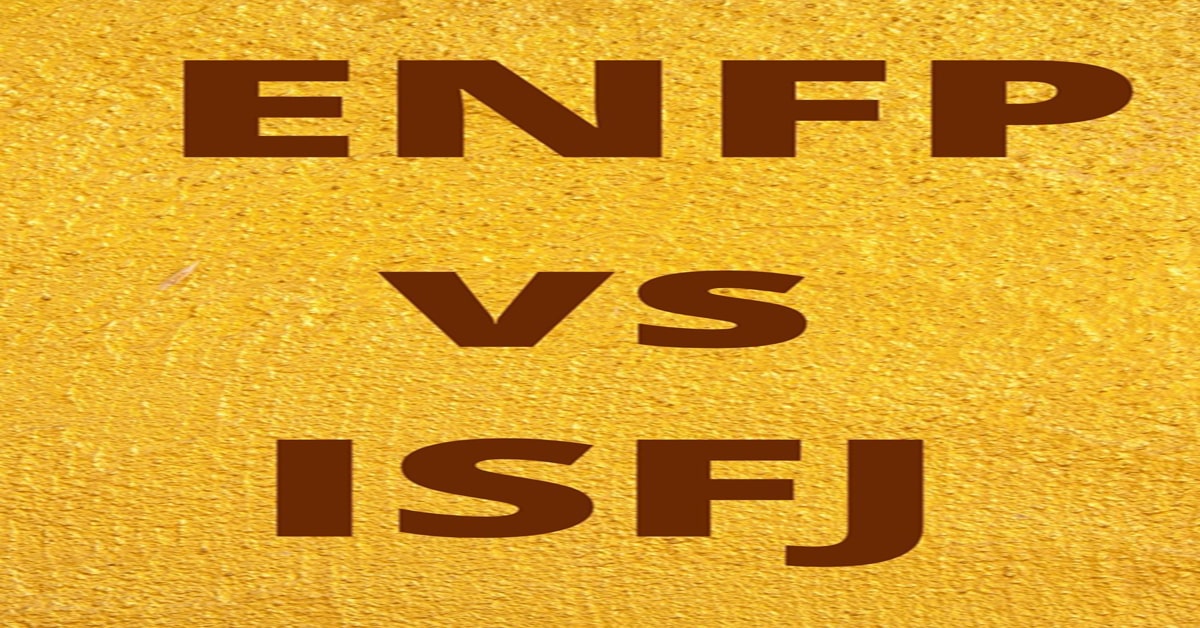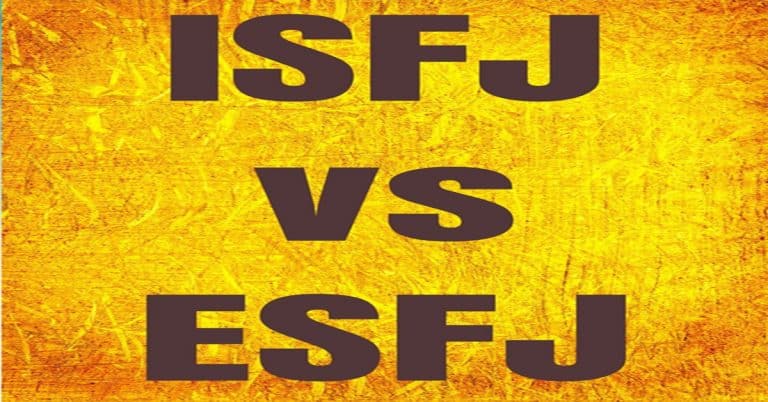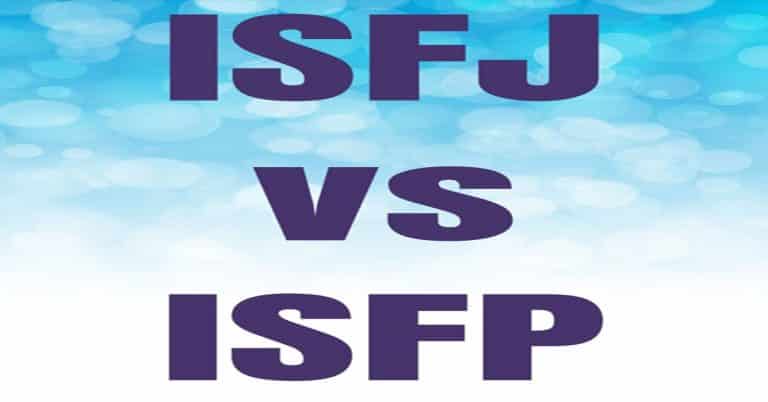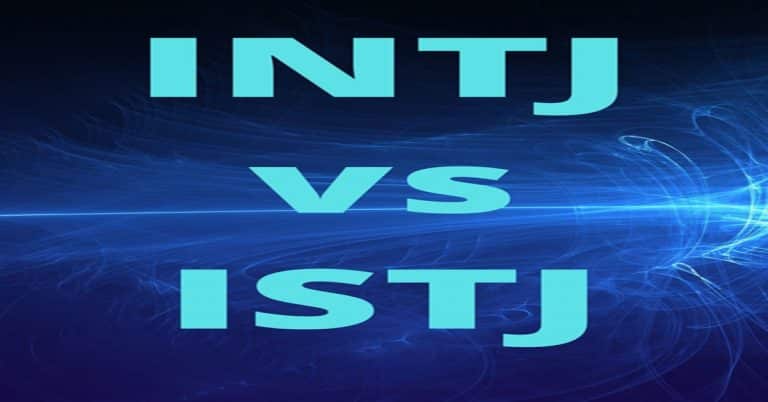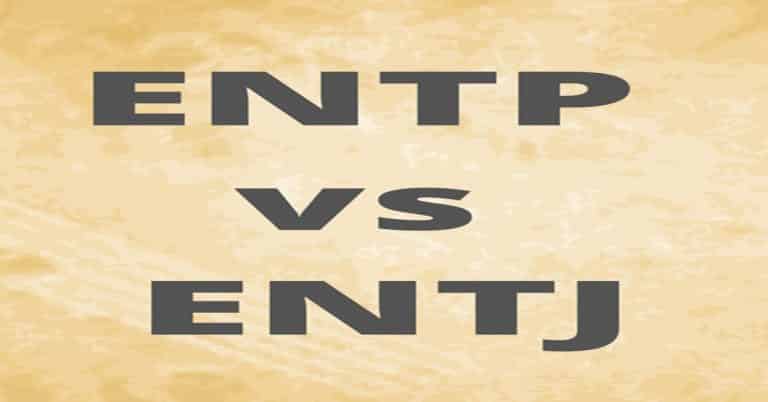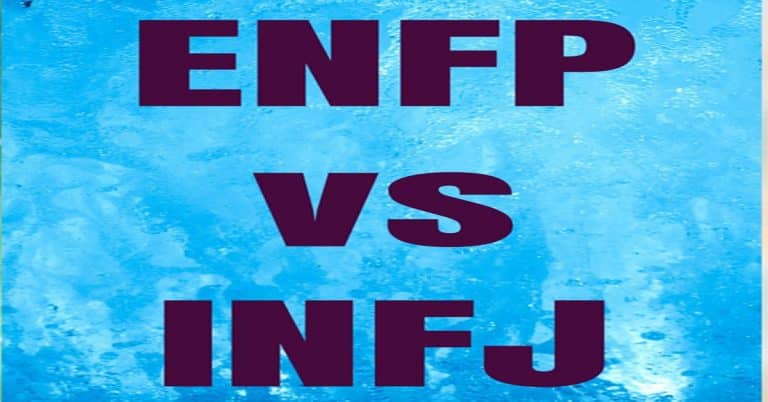ENFP vs ISFJ
Having the ability to express emotions is one of the most important qualities for any personality in relationships. Considering this, it’s not surprising that Myers-Briggs personalities with Feeling (F) traits get along with each other quite well. While it can’t be said about all the sensitive people of MBTI, the majority enjoy talking about their feelings and listening to others. Probably, that’s one of the main reasons why ENFP and ISFJ get along.
Those two personality types have three different traits. ENFPs are Extraverted (E), Intuitive (N), and Perceiving (P) people, meaning that they enjoy spending time with people and looking for deeper meaning in the world. On the other hand, ISFJs are Introverted (I), Sensing (S), and Judging (J). They would rather stay at home all day instead of meeting someone, analyzing what is happening or what happened in their lives. Besides, unlike ENFPs, they are rather rigid and can’t adapt to important changes easily.
Therefore, the only personality trait they share is Feeling (F). Both ENFPs and ISFJs are empathetic people who take care of others and enjoy processing all the information emotionally. In this article, we are going to compare ENFP vs ISFJ, review their main characteristics, and find out how compatible they can be in romantic relationships.
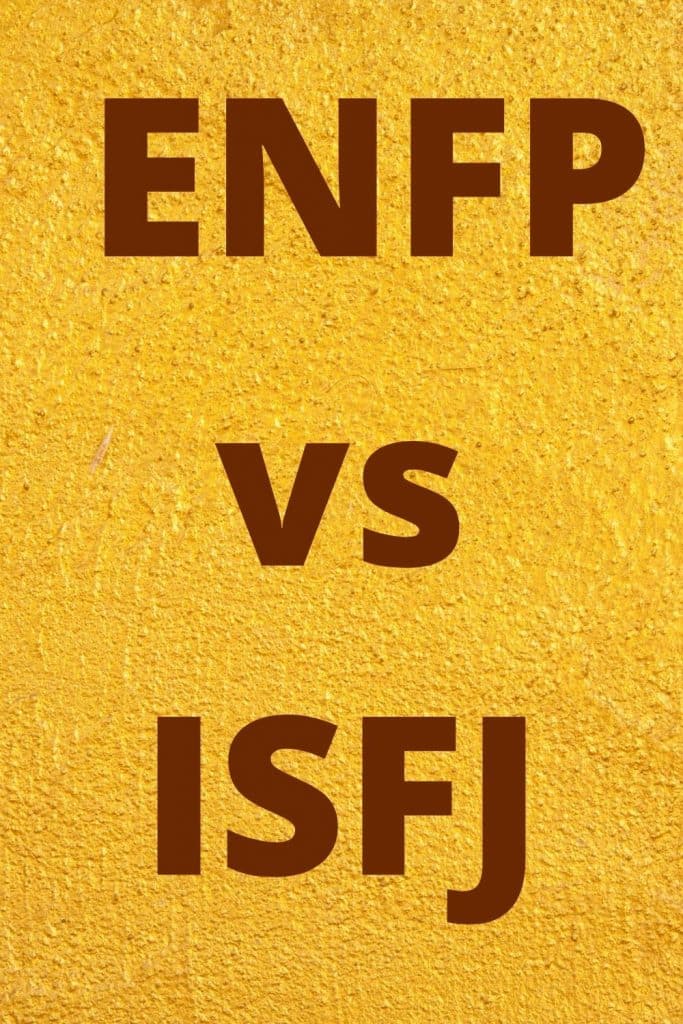
ENFP: The Campaigner
ENFPs are charismatic, warm, and outgoing people. Thanks to their charm, they can easily attract people. But it’s not the only reason why people tend to like them. In fact, ENFPs always try to care for others, even strangers. They are very understanding and try to make people feel that they are appreciated. Consequently, they can easily gain friends.
ENFPs enjoy being at the center of attention. They hate following the same order every day and easily generate new and creative ideas. As a result, they can be powerful leaders. ENFP leaders give their followers possibilities to think outside the box and use their creative potential in the process of working. Actually, that’s what they always do either when they solve problems or in everyday life. They enjoy changes and are very flexible. Strong communication skills help them to achieve their goals and get what they want.
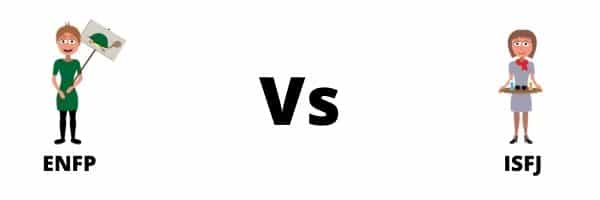
ISFJ: The Defender
ISFJs or the Defenders are focused on other people. Sometimes they neglect their own priorities in order to please others and make sure that their loved ones feel safe and secure. Therefore, they tend to put others’ needs ahead of them and sacrifice themselves. People with this personality type are extremely sensitive and empathetic. They can easily understand when others feel down and try to improve their moods. However, unlike other Feeling (F) personalities, ISFJs have trouble expressing their own feelings. They prefer not to say anything rather than sharing how bad they feel and as a result, their negative feelings can turn to aggression.
At work, ISFJs are hard-working and organized. They prefer to stick to the timetable and follow the same routine every day. They take their responsibilities very seriously and try hard not to disappoint anyone. Violating orders can make them anxious and disorganized which is why they want to maintain order in everything they do. Considering this, they are extremely reliable either at work or in relationships and people enjoy reaching ISFJs when they seek help.
Relationship Between ENFP and ISFJ
As we already said, emotional personalities often get along with each other quite well. But most times, this one trait is not enough for falling in love and building a long-term relationship. ENFPs and ISFJs have quite different personalities.
Their differences often cause troubles in their everyday life. For example, ENFPs seek new experiences and hate when people act rigidly. However, taking part in new and unknown activities is too much stress for ISFJs. They always prefer staying at home instead of risking their lives. This means that their energies are different and they can hardly get along in everyday situations.
Generally, ENFP and ISFJ are considered incompatible for romantic relationships but sometimes, they can still fall in love. The reason is that ISFJs admire ENFPs’ charisma. On the other hand, ENFPs enjoy helping ISFJs to understand their own feelings and adapt to the challenges of their lives.
ENFP vs ISFJ: Major Differences
Although we already compared the main personality traits of ENFP vs ISFJ, it;’s not enough for understanding everything about their habits, attitudes, or values. Now we’re going to explore their characteristics more deeply, and compare these two personality types as leaders and as lovers.
Values
- ENFPs value freedom. They can’t stick to orders and plans created by other people. They want to be authentic and original in everything they do. Besides, they believe that change is vital for improvement and always try to take part in new, unknown activities. They usually rely on emotions while making decisions.
- ISFJs prioritize connection with people. They value relationships and believe that they should neglect their own desires and needs in order to make their loved ones feel better. They value confidence and responsibility and are considered extremely reliable people. ISFJs just can’t live without having their plans determined in advance.
Romance
- ENFPs usually rely on their feelings upon making decisions. Once they feel that they like somebody, they let their feelings guide them and as a result, fall in love very quickly. However, it’s very harmful to them if the other person doesn’t respond the same. Love can transform ENFP’s characteristics and make them different.
- ISFJs easily get attracted to passionate people. They are very romantic people who try hard to make their partners feel as happy as possible. They never hesitate to take risks in a relationship and as a result, sometimes they end up disappointed. Usually, they fall for competent, intelligent, and sensitive people.
Leadership
- ENFPs are charismatic leaders who tend to inspire their followers with their energy. They are always looking for new opportunities for their team members in order to make the work more interesting and rewarding. People usually like ENFP leaders because they are focused on the emotional connections between their team members. As a result, they easily achieve success.
- ISFJs are strict leaders. They can’t stand when their team members neglect their rules, disobey and miss deadlines. They are fully focused on the work and believe that planning everything ahead is a guarantee of success. It doesn’t mean that they don’t take care of people. In fact, they are focused on the needs of their employees and try to help them solve problems.
All in All
To summarize, we can say that ENFPs and ISFJs seem very attractive to each other at first glance. They can easily fall in love but most of the time, their relationship doesn’t last for long. The problem is the differences between ENFP vs ISFJ. They quickly find out that they don’t share opinions on many aspects of their lives, they have different priorities and needs and as a result, frequently they peacefully decide to separate or remain friends.

